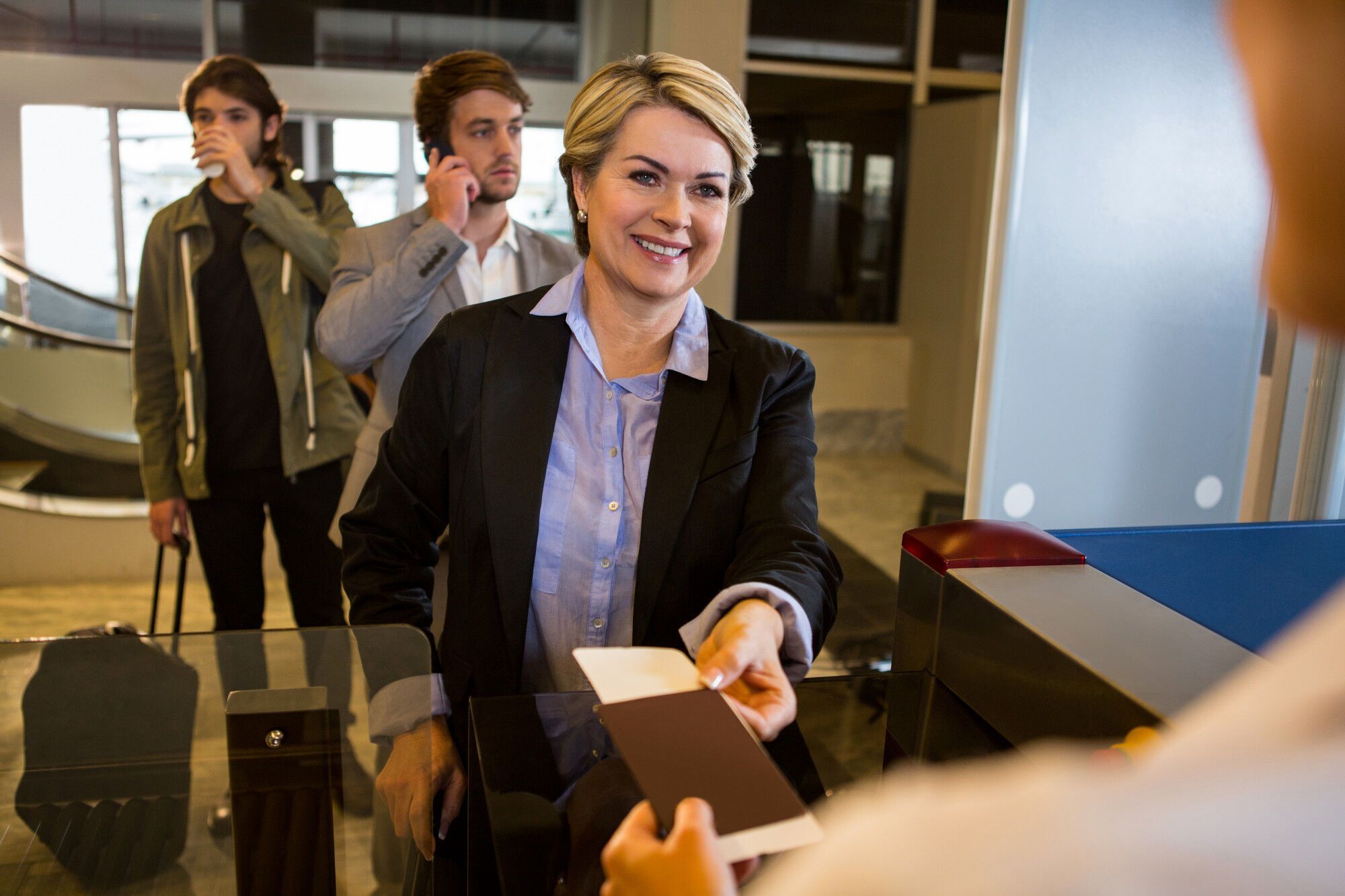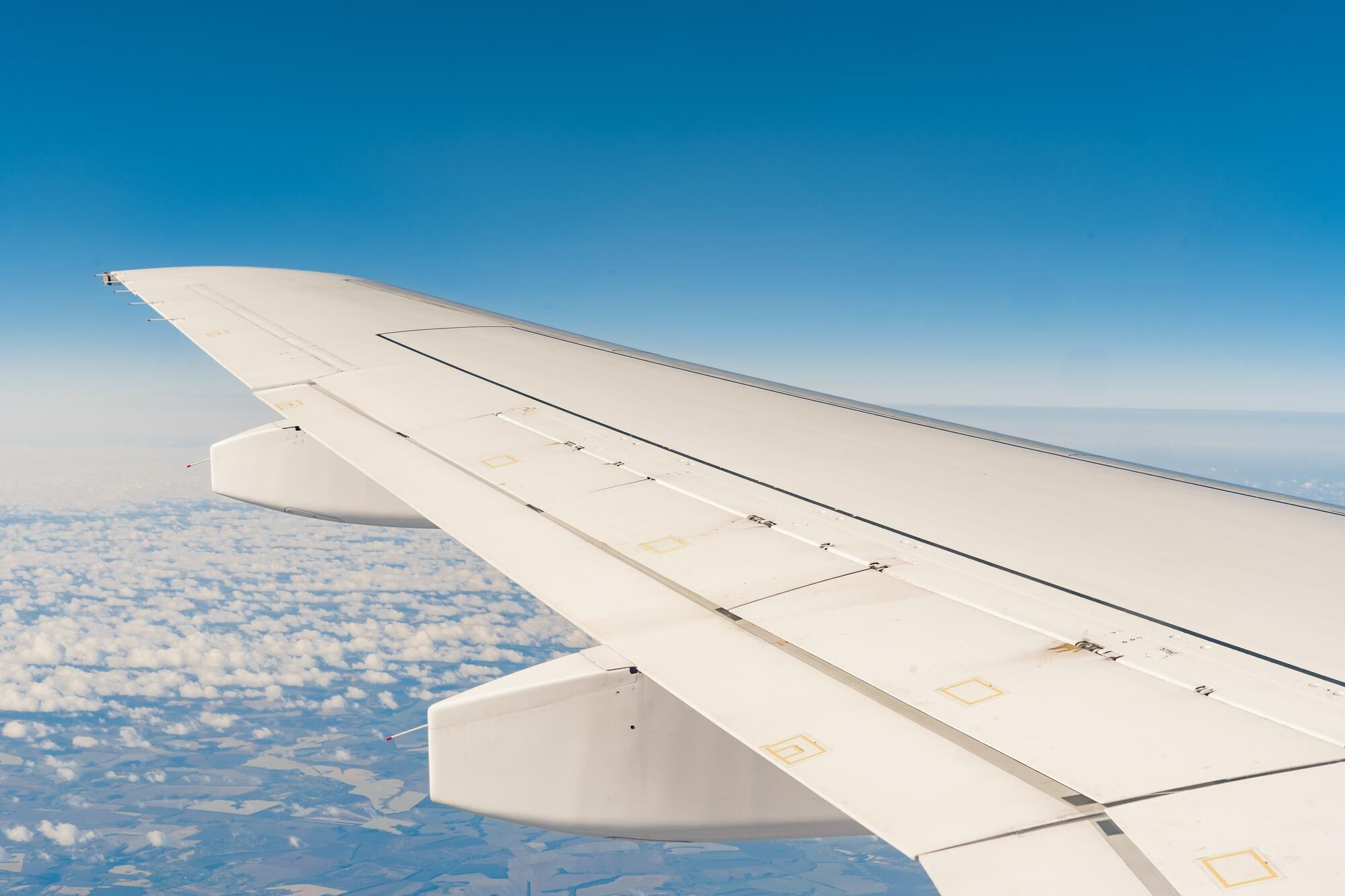The secret language of flight attendants: What certain words and terms used by crew members can mean

Experienced and attentive travelers may have noticed that flight attendants can use strange phrases and terms on board an airplane that no one knows the meaning of. Some of them are professional vocabulary used for shortcuts, but there is also some jargon used to convey important information to colleagues without disturbing passengers.
Would you like to learn some secret terms so that you know what you're talking about next time you're traveling? Travel + Leisure has shared some secret definitions that you may well hear from flight attendants during your flight.
Galley and Galley Queen
A galley is a place in an airplane where food is prepared to be served to passengers and where other services are set up. Thus, the "galley queen" is the flight attendant who is in charge of this part of the plane.
Jump Seat
This is a seat that automatically folds and is used by flight attendants during takeoff, landing, and in turbulence.
Spinners and Runners
A spinner is a passenger who arrives at the last minute and does not know where his seat is, and therefore often stands in the aisle and spins around looking for a seat. Runners are those passengers who are late and run around the airport looking for their flight.

Miracle FlightBulkhead
A miracle flight is the name given to passengers who require a wheelchair but do not need one during takeoff. It is noted that in this way some passengers try to get on the plane as soon as possible.
Bulkhead
This is the wall in front of the first row in the area where you can find the toilet and galley.
Chimes
This is a characteristic signal that can sound in different tones and indicates that a passenger has pressed the service button, the pilot has called the pilot, or an emergency has occurred.
Pink and Red Eye
A red eye is a night flight, while a pink eye is a flight that may start a little earlier at night, but no later than midnight.

Grotch Watch
This term is used to describe the flight attendant responsible for checking seat belts. If you hear this phrase, it's best to help the employee and not cover the seat belt so that it is clearly visible.
Cross-Check
This term can be heard when flight attendants intend to check the doors of the aircraft and their readiness in case of an emergency. This happens during arrival or departure.
Lips and Tips
This is a term used to remind flight attendants who work in pairs and wear the same lipstick and nail color to remind each other of their proper appearance.
Crew Base
If you've ever heard this definition, it means that one of the crew members is heading home. There are hubs where the shift starts and ends. This is the place where all operations are managed from.
Commuters
This is the name given to colleagues who do not live near the base and need to fly from the airport to start their shift.

Crash Pad
Since not all flight attendants can catch their flight home on time, there are special places for overnight stays (crash pads). This is something like a hostel for 20 people who need a place to sleep.
Blue Room
This is what flight attendants sometimes call the toilet because of the blue liquid you see there.
Turn
This term is used to describe a hard change in the schedule when it is necessary to make several connections in one day for passengers but not for the crew.
Wide Body and Narrow Body
A narrow-body aircraft is a standard aircraft for short flights with a single aisle in the center. A wide-body airplane is an airplane with two aisles and is commonly used for long-distance flights abroad.

Two-for-One Special
The time when an airplane is landing is very stressful for passengers. However, sometimes pilots may intentionally bounce the plane, adding to the anxiety of passengers. However, this is done on purpose if the runway seems slippery as it helps them gain speed.
Holding Pen
From the beginning of the announcement of the end of boarding until the assignment of the group number, passengers have to stay in the general bustle of the gate area. Flight attendants call this place the holding pen because people often feel like sheep, forced to wait for the signal.



















